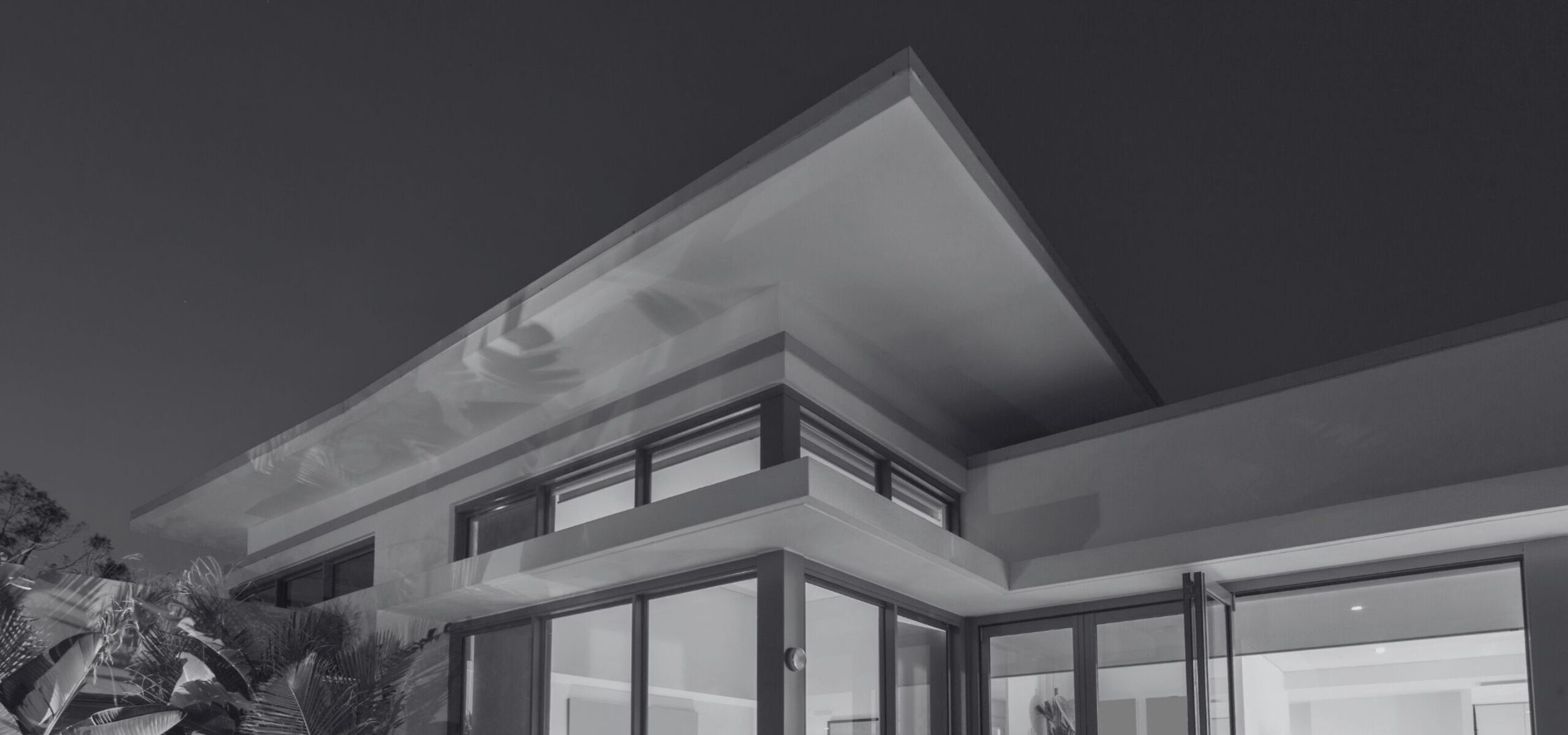Our Frequently Asked Questions (FAQ) page is designed to help you navigate the home purchase loan process in California. We’ve tried to answer the most common questions we receive from 1st time home buyers. If you have more questions or need personalized assistance, feel free to contact us. We’re here to help you achieve your homeownership goals!
What types of home purchase loans are available in California
In California, several types of home purchase loans are available, including:
- Conventional Loans: These are not backed by the government and typically require a higher credit score. They can be conforming (meeting Fannie Mae and Freddie Mac standards) or non-conforming (jumbo loans).
- FHA Loans: Backed by the Federal Housing Administration, these loans are designed for first-time homebuyers or those with lower credit scores. They require a lower down payment.
- VA Loans: Available to veterans, active-duty service members, and eligible spouses, VA loans are backed by the Department of Veterans Affairs and often require no down payment.
- USDA Loans: Offered by the U.S. Department of Agriculture, these loans are for rural and suburban homebuyers who meet certain income requirements.
- Jumbo Loans: For homes that exceed the conforming loan limits, jumbo loans are used to finance luxury properties or homes in high-cost areas.
What is the minimum credit score required for a home purchase loan?
Lenders may have their own requirements, so it’s important to check with them directly. Check out our article about how your credit score affects your mortgage interest rate here. The average minimum credit score varies depending on the loan type:
- Conventional Loans: Typically require a minimum credit score of 620.
- FHA Loans: Require a minimum credit score of 580 for a 3.5% down payment, or 500-579 for a 10% down payment.
- VA Loans: Generally require a minimum credit score of 620, though some lenders may have more flexible requirements.
- USDA Loans: Usually require a minimum credit score of 640.
How much down payment is needed to buy a home in California?
3. How much down payment is needed to buy a home in California?
The down payment required depends on the loan type and whether you qualify for any special programs being offered. Contact us to see if there are any special buyer programs currently available.
- Conventional Loans: Typically require a down payment of 5% to 20%.
- FHA Loans: Require a minimum down payment of 3.5%.
- VA Loans: Often require no down payment.
- USDA Loans: Typically require no down payment.
A higher down payment can reduce your monthly payments and may help you avoid private mortgage insurance (PMI).
What are the current loan limits in California?
Loan limits vary by county and loan type. For 2024, the conforming loan limit for a single-family home in most California counties is $726,200, but in high-cost areas like Los Angeles, San Francisco, and San Diego, the limit can go up to $1,089,300. Jumbo loans are required for homes exceeding these limits.
FHA loan limits also vary by county, ranging from $472,030 to $1,089,300 for a single-family home in California.
Can I get pre-approved for a mortgage?
Yes, getting pre-approved is a smart first step in the homebuying process. It involves working with an experienced mortgage broker or lender who will evaluate your credit, income, and debt. Pre-approval gives you a clear understanding of how much you can afford and makes you a more competitive buyer.
What are the closing costs associated with buying a home in California?
Closing costs typically range from 2% to 5% of the home’s purchase price and can include:
- Loan origination fees
- Appraisal fees
- Title insurance
- Escrow fees
- Recording fees
- Property taxes and homeowners insurance
Some of these costs can be negotiated or paid by the seller, depending on the terms of the sale.
How long does it take to close on a home purchase loan?
The closing process typically takes 30 to 45 days, but this can vary based on the complexity of the transaction, the efficiency of your lender, and the specific loan program you’re using. Delays can occur if there are issues with the appraisal, title, or documentation.
What is private mortgage insurance (PMI), and do I need it?
Private Mortgage Insurance (PMI) is required for conventional loans if your down payment is less than 20%. PMI protects the lender if you default on your loan. It is usually added to your monthly mortgage payment, but once your home equity reaches 20%, you can request to have PMI removed.
Are there any first-time homebuyer programs available in California?
Yes, California offers several programs for first-time homebuyers, however most buyers will not qualify for these programs. Contact us if you want to determine if you qualify for one of the programs listed below.
- CalHFA Loans: Offered by the California Housing Finance Agency, these loans provide down payment and closing cost assistance for eligible first-time buyers.
- Down Payment Assistance Programs: Various local and state programs offer grants or second mortgages to help with down payments.
- Mortgage Credit Certificates (MCCs): These provide a federal tax credit for a portion of the mortgage interest paid, reducing overall tax liability.
What documents will I need to apply for a home purchase loan?
Additional documents may be needed depending on your financial situation and the loan program. To apply for a home purchase loan, you’ll typically need:
- Proof of income: Pay stubs, W-2 forms, or tax returns.
- Bank statements: To verify your assets.
- Identification: Driver’s license or passport.
- Credit history: Your lender will pull your credit report.
- Employment verification: A letter from your employer may be required.
What should I know about buying a home in a competitive California market?
You’ll need to be patient and be flexible! In California’s competitive housing market, it’s essential to:
- Get pre-approved before you start house hunting.
- Work with a knowledgeable real estate agent who understands the local market.
- Be prepared to act quickly when you find the right property.
- Consider making a strong offer, sometimes above the asking price, especially in high-demand areas.
What are my options if my offer is outbid?
If your offer is outbid, you have a few options:
- Make a higher offer: If your budget allows, you can increase your offer price.
- Write a personal letter: Some sellers respond to personal stories from buyers, which can give you an edge.
- Expand your search area: Consider looking in nearby neighborhoods where competition may be less intense.
- Wait for other opportunities: New homes come on the market regularly, so don’t be discouraged.
What happens after I get an accepted offer on a home?
Once your offer is accepted there are several steps that need to be taken to “close” the transaction. Working with an experienced and reputable mortgage broker can make this process easier, less stressful and successful.
- Earnest money deposit: You’ll typically make an earnest money deposit, which shows your commitment to the purchase.
- Home inspection: Schedule a home inspection to identify any potential issues with the property.
- Appraisal: The lender will order an appraisal to ensure the home’s value supports the loan amount.
- Final approval: The lender will review all documentation for final loan approval.
- Closing: You’ll review and sign the final loan documents, pay any closing costs, and receive the keys to your new home.
Ready to Learn More about a Home Purchase Loan?
Call or Contact Us Today!
1-714-696-6773



